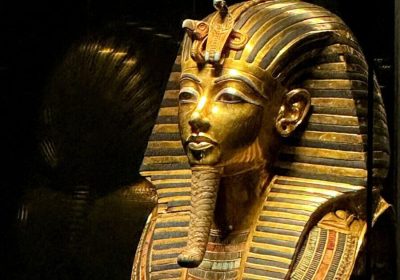An HSBC survey has revealed that affluent Indian investors now consider a retirement fund of Rs 3.5 crore (approximately $401,000) necessary for a comfortable retirement. This figure has seen a modest increase from the previous year, highlighting the growing cost of living and a push towards financial independence. The survey, part of a global study, involved 1,006 affluent Indian investors out of 10,797 respondents across 12 countries.
The emphasis on a substantial retirement fund coincides with broader economic concerns, as nearly 90% of Indian investors cited high inflation and economic uncertainty as major influences on their investment strategies. Despite these challenges, confidence in meeting financial goals remains high, with 92% expressing optimism about achieving their short-term financial objectives within the next three years.
A significant shift in investment behaviour has been noted, with Indian investors increasingly moving away from cash holdings. The proportion of cash in portfolios has decreased by 10 percentage points to 15%. In contrast, investments in gold have increased by 7 percentage points and in alternatives like private equity and hedge funds by 4 percentage points. This trend signifies a growing preference for assets that are perceived as more resilient to inflationary pressures.
The survey found that mutual funds are the most commonly held asset, owned by 53% of respondents, followed by direct stocks at 50% and physical gold at 39%. There is also a growing interest in private market funds and multi-asset solutions, with 42% and 37% of investors respectively expressing interest in these options. This diversification indicates a strategic approach to managing risk and enhancing returns.
To gather financial insights, Indian investors predominantly rely on social media, with 66% using platforms for information, while 50% turn to online videos. However, when making actual financial decisions, 66% consult professional wealth advisers or relationship managers, and 41% take advice from social media influencers. This dual approach underscores the blend of modern and traditional methods in financial planning.
The Rs 3.5 crore retirement benchmark reflects a strategic shift towards diversity in investment portfolios, aiming for long-term resilience against economic volatility. This shift is in response to the dual pressures of rising costs and global economic uncertainty.
The survey also indicates that confidence in medium to long-term financial goals remains robust, with 83% confident about achieving their goals in three to five years, and 86% for goals extending beyond five years. This optimism is attributed to strategic investment decisions and diversified portfolios aimed at mitigating economic risks.
In conclusion, while economic uncertainties and inflationary pressures pose challenges, affluent investors in India are taking proactive steps to secure their financial futures. By setting a Rs 3.5 crore target for retirement savings and diversifying their asset allocations, they are positioning themselves to better withstand future economic fluctuations, ensuring a stable and secure retirement.









No Comment! Be the first one.